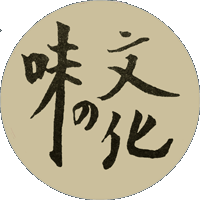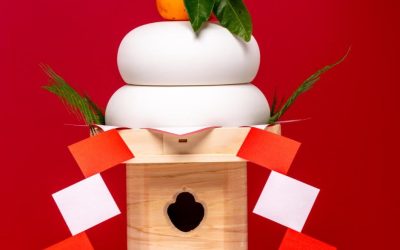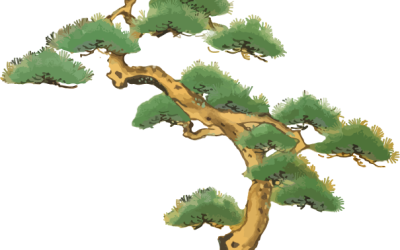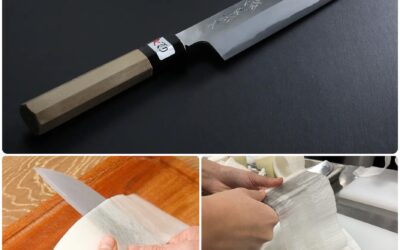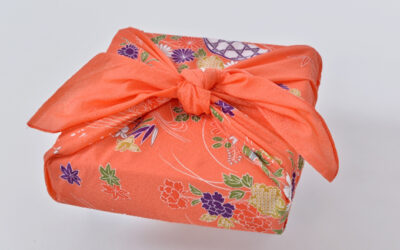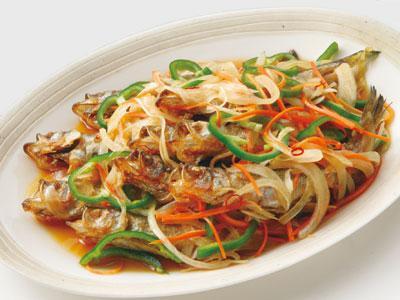
NANBAN-ZUKÉ 南蛮漬け
(Southern Barbarian Style Fried-and-Pickled Fish)
NANBAN refers to the Portuguese, the “southern barbarians” who settled in the port of Nagasaki, Kyushu late in the 16th century. In addition to Christianity and trade, these early Portuguese visitors brought with them escabeche, a fried and pickled seafood delicacy popular in their homeland.
The Japanese adapted it to their tastes, using a variety of small fish such as smelts (wakasagi) and baby horse mackerel (mamé aji). Nanban-zuké, food prepared in the southern barbarian style, remains popular today in Japan. A vegan version of the fish dish is made with eggplant and called NASU NANBAN
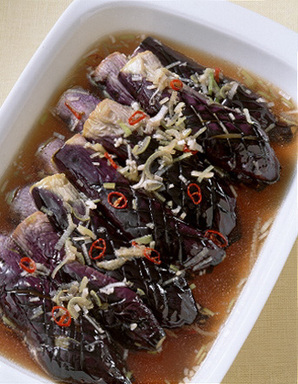
NASU NANBAN-ZUKÉ 茄子南蛮漬け (Sour-and-Spicy Eggplants, Southern Barbarian Style)
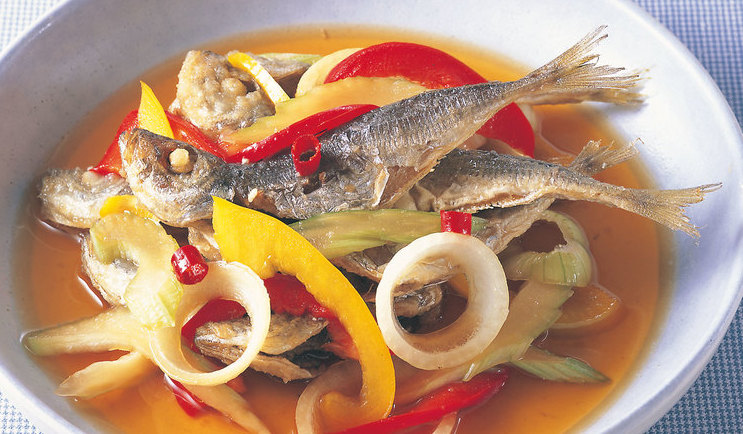
NANBAN-ZUKÉ FISH
DOWNLOAD instructions for making Southern Barbarian Style, Fried and Pickled Fish
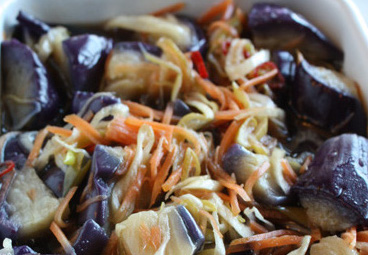
NANBAN-ZUKÉ EGGPLANT
DOWNLOAD instructions for making Sour-and-Spicy Eggplants, Southern Barbarian Style
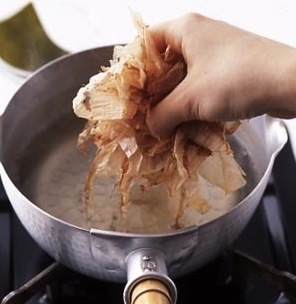
SEA STOCK
DOWNLOAD instructions for making Standard Sea Stock
